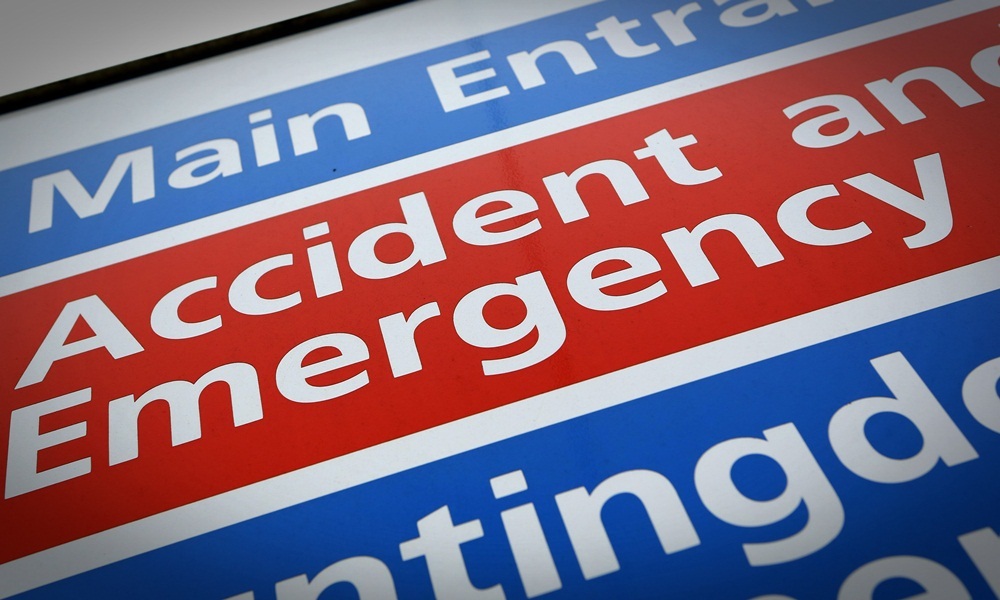Almost all of the patients treated at Ninewells Hospital’s Accident and Emergency Department on Hogmanay were drunk.
Patients who had overindulged were still coming in to the busy A&E at 10am on New Year’s Day.
Many had suffered facial injuries as a result of drunken assaults and there was one stabbing victim.
Dr Andrew Reddick, a consultant in the department, said it had been a “reasonably straightforward night” but they were fortunate there were few other patients requiring treatment.
“It was very busy with intoxicated patients,” he said. “It started from about 11pm. It was a typical New Year’s Eve in that it was quiet until then.
“Luckily, we didn’t have many patients with non-alcohol related conditions.”
Between midnight and 8am A&E admitted 50 patients, which Dr Reddick said was busier than a normal Saturday night.
Extra consultants started a shift at 6am to deal with the excess.
“Both Perth and Ninewells were busy with intoxicated people and both were staffed well,” Dr Reddick said.
“About 95% of our patients last night were all intoxicated. That was the primary reason for them coming in.
“It was a broad range of ages from young teenagers to people in their eighties who were inappropriately drunk.
“There were quite a lot of facial injuries from assaults due to intoxication and we had a stabbing due to intoxication. The stabbing isn’t very serious.”
Dr Reddick said most patients were well behaved but some were being demanding, asking for water when staff were treating up to six patients at once and there were some referrals made to the antisocial behaviour team.
“The police were in the department most of the night because there were lots of people under arrest for assaults,” he said. “The police were very helpful.”
The Scottish Ambulance Service experienced its busiest night of the year, dealing with 2,423 calls to its 999 centres across the country on Hogmanay.
Call volumes were down 15% on last year’s total as ambulance crews attended 1,280 incidents.
Additional call handlers, dispatchers and ambulance crews were on duty to deal with the surge in demand.
Pauline Howie, chief executive of the Scottish Ambulance Service, said: “Whilst there were fewer calls overall than last year, the number of incident responses was similar and activity at times was intense, with most of the workload occurring between midnight and 7am.”
